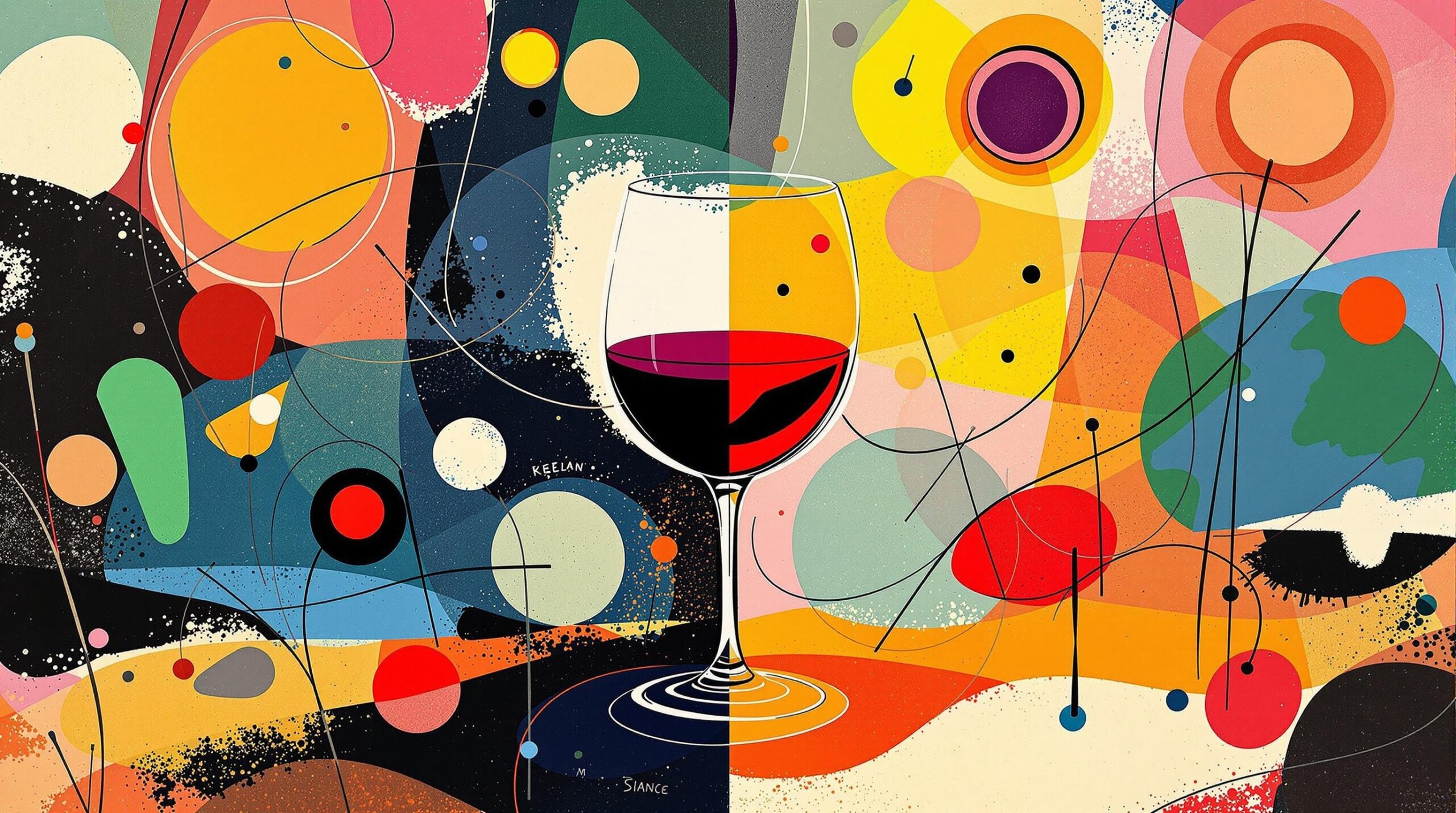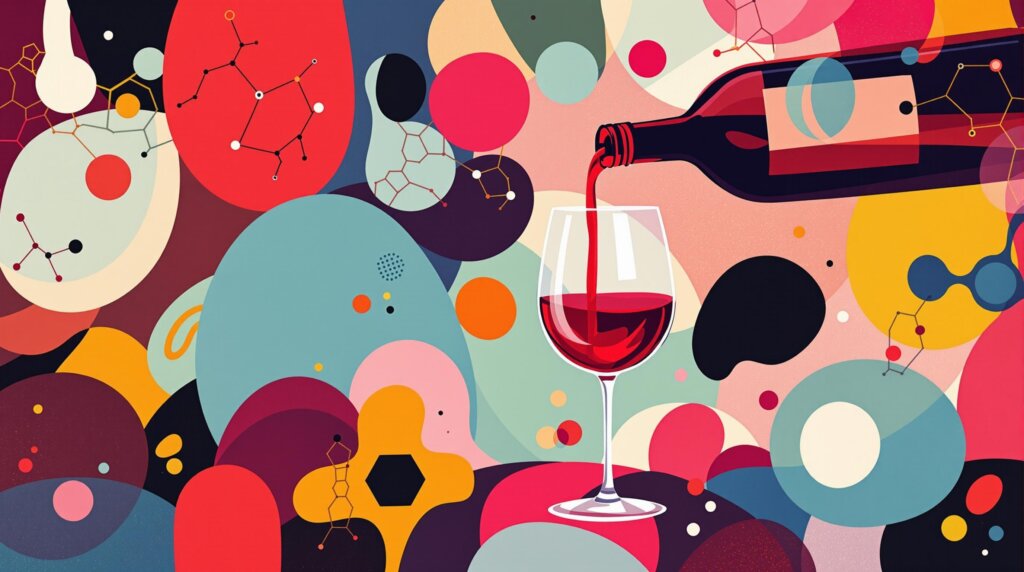Understanding Resveratrol: The Basics
What is Resveratrol?
Resveratrol is a compound found in red wine, grape skins, berries, and certain nuts. It’s a polyphenol that plants produce as a defense mechanism against stress and injury. Since its discovery in red wine in the 1990s, this molecule has captured the imagination of scientists and the public alike, promising everything from extended lifespan to better heart health.
The Science Behind Resveratrol
The fascination with resveratrol began with the “French Paradox” – the observation that French people had lower rates of heart disease despite consuming high-fat diets. Scientists initially attributed this to their regular red wine consumption. Laboratory studies showed that resveratrol activates proteins called sirtuins, which play crucial roles in cellular aging and metabolism.
Origins and Research Development
Early research on resveratrol was promising. Studies in yeast cells showed lifespan extensions of up to 70%. Similar experiments in mice demonstrated improved cardiovascular health and enhanced endurance. However, these studies used concentrations of resveratrol far higher than what humans could get from drinking red wine.
Challenges and Reality Checks
The biggest challenge with resveratrol is its poor bioavailability in humans. Most of the compound gets broken down before it reaches the bloodstream. A person would need to drink hundreds of glasses of red wine daily to match the concentrations used in successful animal studies – clearly not a practical or healthy approach.
Statistics and Research Data
The numbers paint an interesting picture. A typical glass of red wine contains 2 mg of resveratrol. Clinical studies showing benefits typically use supplements containing 150-500 mg per day. Research indicates that resveratrol from wine alone provides minimal measurable benefits, while controlled studies using high-dose supplements show mixed results.

The Current State of Resveratrol Research
Modern Scientific Understanding
Recent studies have shifted focus from resveratrol alone to its interactions with other compounds. Scientists now believe that the benefits of red wine might come from the synergistic effects of multiple polyphenols working together, rather than resveratrol in isolation.
Clinical Applications and Evidence
Human clinical trials have produced mixed results. Some studies show modest improvements in blood pressure and insulin sensitivity. Others find no significant benefits. The most promising research focuses on resveratrol’s potential role in protecting against cognitive decline and improving exercise performance.
Mechanisms and Health Implications
Cellular Effects and Aging
At the molecular level, resveratrol appears to mimic some effects of calorie restriction – a proven life-extension strategy. It activates SIRT1, a protein associated with longevity. However, these effects are more pronounced in laboratory settings than in real-world human consumption.
Disease Prevention Potential
Research suggests resveratrol might help prevent certain diseases. It shows anti-inflammatory properties and may protect against heart disease, certain cancers, and neurodegenerative conditions. But the evidence remains preliminary, and more large-scale human trials are needed.
Key Areas of Impact
Several aspects of resveratrol’s effects deserve attention. Its antioxidant properties help combat cellular damage. It may improve blood vessel function and reduce harmful inflammation. Some studies suggest it could help regulate blood sugar levels and improve insulin sensitivity.
Practical Considerations for Resveratrol Consumption
- Red wine contains modest amounts of resveratrol – primarily in red varieties
- Other natural sources include purple grapes, blueberries, and peanuts
- Supplement quality and absorption rates vary significantly
- Timing of consumption may affect absorption
- Combining with other polyphenols might enhance benefits
- Regular, moderate consumption appears more beneficial than occasional high doses
- Individual responses can vary based on genetics and health status
- Potential interactions with medications should be considered
- Cost-benefit analysis needed for supplement use
- Natural food sources provide additional health benefits beyond resveratrol
Understanding Dosage and Safety
Optimal Intake Levels
No official recommended dosage exists for resveratrol. Clinical studies typically use 150-500 mg daily. The amount in red wine varies widely, from 0.2-5.8 mg per glass. Supplement doses often exceed what’s naturally available in food by several hundred times.
Safety Considerations
While generally considered safe, high-dose resveratrol supplements can cause side effects like nausea, stomach pain, and diarrhea. They might interact with blood thinners and certain other medications. Pregnant women should avoid high-dose supplements due to limited safety data.
The Marketing vs. Reality
Commercial Claims Analysis
Marketing often overstates resveratrol’s benefits, particularly in supplements. Claims about miracle anti-aging effects rarely align with scientific evidence. Many products make promises based on laboratory studies rather than human trials.
Consumer Guidance
Smart consumers should approach resveratrol with measured expectations. While it shows promise in certain areas, it’s not a miracle molecule. The benefits of red wine likely come from multiple compounds working together, plus the social and relaxation aspects of moderate consumption.
Future Research Directions
Emerging Studies
Current research focuses on improving resveratrol’s bioavailability and understanding its interactions with other compounds. Scientists are developing new delivery methods and studying specific populations who might benefit most from supplementation.
Potential Applications
Promising areas include cognitive health, exercise performance, and metabolic disorders. Researchers are investigating targeted applications where resveratrol might prove most beneficial, rather than treating it as a universal health solution.
Making Informed Decisions
- Consider natural food sources before supplements
- Evaluate marketing claims against scientific evidence
- Consult healthcare providers about supplementation
- Monitor personal response to resveratrol intake
- Stay updated on new research developments
- Balance cost against potential benefits
- Consider overall lifestyle factors
- Look for quality certifications on supplements
- Start with lower doses if supplementing
- Maintain realistic expectations about benefits
Resveratrol occupies a unique position between scientific promise and marketing hype. While research shows potential benefits, particularly in laboratory settings, the real-world impact of resveratrol from red wine or supplements remains modest. The compound appears most effective as part of a broader approach to health, rather than a standalone solution. For those interested in its benefits, focusing on natural food sources within a balanced diet offers the most practical approach. Supplement use should be considered carefully, with attention to quality, dosage, and individual health factors. The truth about resveratrol lies somewhere between miracle and myth – it’s a fascinating compound with some benefits, but not the fountain of youth that marketing often suggests.



